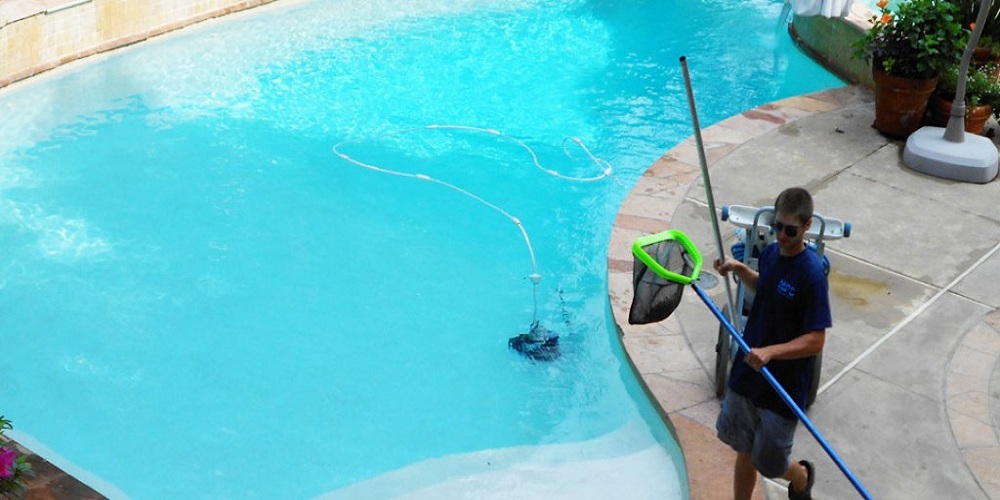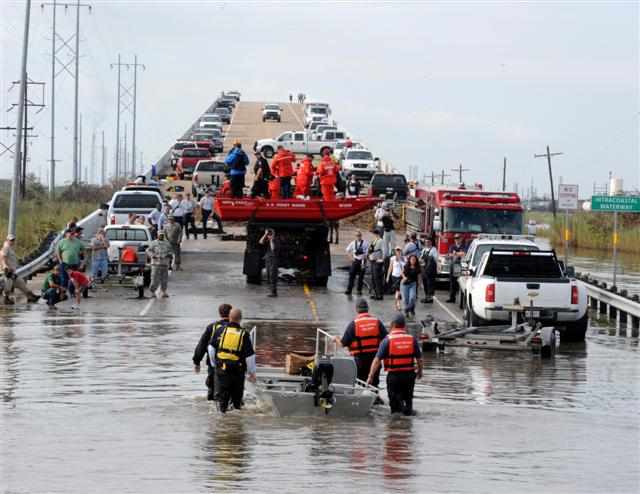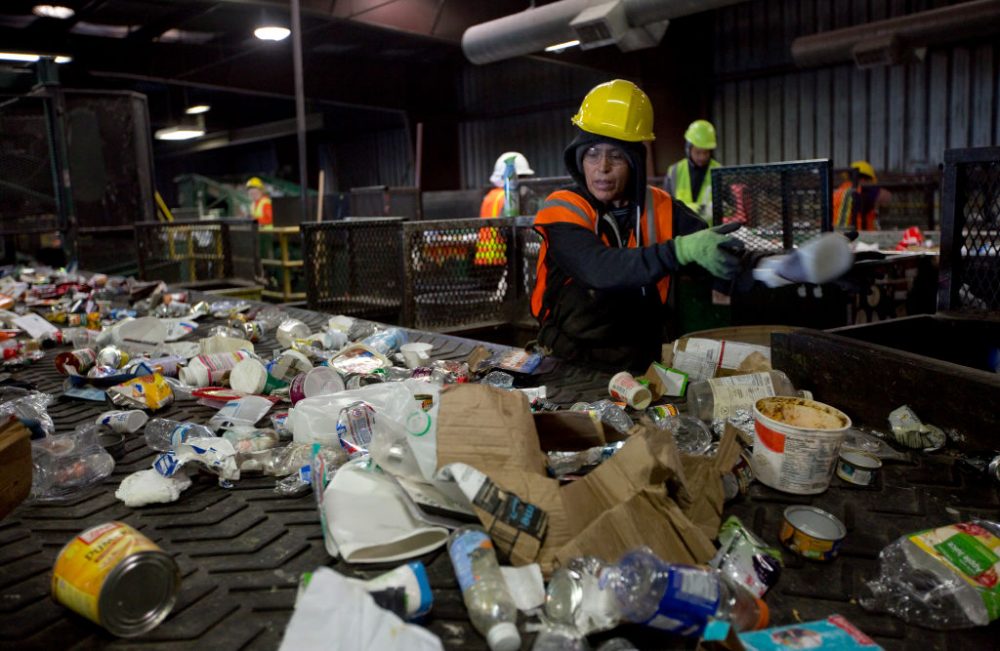What Is Hydrology and Water Resources Engineering?
Hydrological engineering, also known as hydrologic engineering or water resources engineering, is a branch of civil engineering that specializes in the storage and flow of water. It is a practical study of how to control the flow of water, how to store it efficiently, and how to mitigate the damaging effects caused by natural disasters such as floods, droughts, tsunamis, etc.

A water resource engineer (hydrological engineer) is responsible for developing new systems and equipment for facilities involving water cycle management. These established systems ensure the continuous supply of potable water for drinking and daily use. A water resources engineering company is a company that offers services that further enhances the quality of water systems management to guarantee not only the supply of water but also the protection and preservation of the natural environment.
What Are the Responsibilities of a Water Resources Engineer?
A typical workday for a water resource engineer includes the analysis of data gathered from areas marked by the firm, whether for a project or research use. The data analyzed will be used to develop a new (or improved) water treatment system to enhance the cleaning operations of the water further. A water resource engineer also takes charge of monitoring budget constraints, local and national government regulations, and other elements that can affect the designing of these systems. They also oversee the implementation and construction of these developed water systems to make sure that the assembly is correct. After the implementation of the project, they then take charge of the maintenance of these systems.
Handling water systems is no joke. These systems are responsible for providing clean water for a community nearby, or even the whole country. If a water resource system like water management facilities gets sabotaged or damaged, the supply of clean water in a community will stop.
To make sure that the water systems are in safe hands, a water resources engineer must possess the following attributes:
- Teamwork and Collaboration skills
- Attention to detail
- Innovation
- Communication skills
- Resilience and Discipline
- Outstanding analytical skills
- Problem-solving skills
- Time Management
- IT skills
- Knowledge and interest of the industry and posing environmental issues
The demand for water resources engineers projects itself to grow 20% in the coming ten years. The increase in population and aging infrastructures demands more efficient water systems, thus calling for more water resources engineers to manage the water resources.

I am Scott Miller and my love is writing about home improvement. I write mostly about home ideas, but also share some tips and tricks that can make your life easier when it comes to getting things done in the house.












